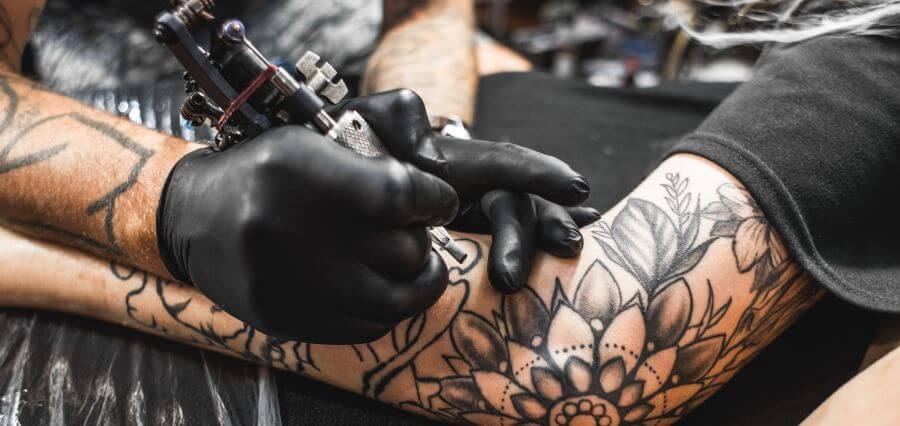A study conducted by Lund University in Sweden found that people with tattoos are at a higher risk of developing lymphoma, a rare form of blood cancer. Tattoos have become increasingly popular over the last decade. According to an Ipsos poll, the percentage of Americans with tattoos rose from 21% in 2012 to 30% in 2019. By 2023, this figure had increased to 32%, as reported by the Pew Research Center. Companies such as UPS, Disney, and even the U.S. Army are becoming more lenient with their tattoo restrictions, allowing employees to display their body art at work.
Despite the growing social acceptance of tattoos, they come with certain health risks. A recent study conducted by Lund University in Sweden discovered that individuals with tattoos are at a higher risk of developing lymphoma, a type of blood cancer. The researchers hypothesized that tattoos could cause low-grade inflammation, potentially leading to cancer.
Christel Nielsen, the lead researcher of the study, stated, “After taking into account other relevant factors, such as smoking and age, we found that the risk of developing lymphoma was 21 percent higher among those who were tattooed. It is important to remember that lymphoma is a rare disease and that our results apply at the group level. The results now need to be verified and investigated further in other studies, and such research is ongoing.”
The comprehensive study analyzed 11,905 individuals, including 2,938 in the group that had lymphoma between the ages of 20 and 60 years old. Of that number, 1,398 responded to a questionnaire about their lifestyle. The control group consisted of 4,193 individuals without the illness. The scientists discovered that 21% of the lymphoma group had tattoos, compared to only 18% in the control group.
Initial speculation by the team suggested that the size of a tattoo could influence one’s chances of developing lymphoma; however, there is no concrete evidence to back this claim. The timing of getting a first tattoo also remains under scrutiny. “We do not yet know why this was the case. One can only speculate that a tattoo, regardless of size, triggers low-grade inflammation in the body, which in turn can trigger cancer. The picture is thus more complex than we initially thought.”
Promising further examination, the group vows to uncover additional insight into diseases linked to inking the skin.





